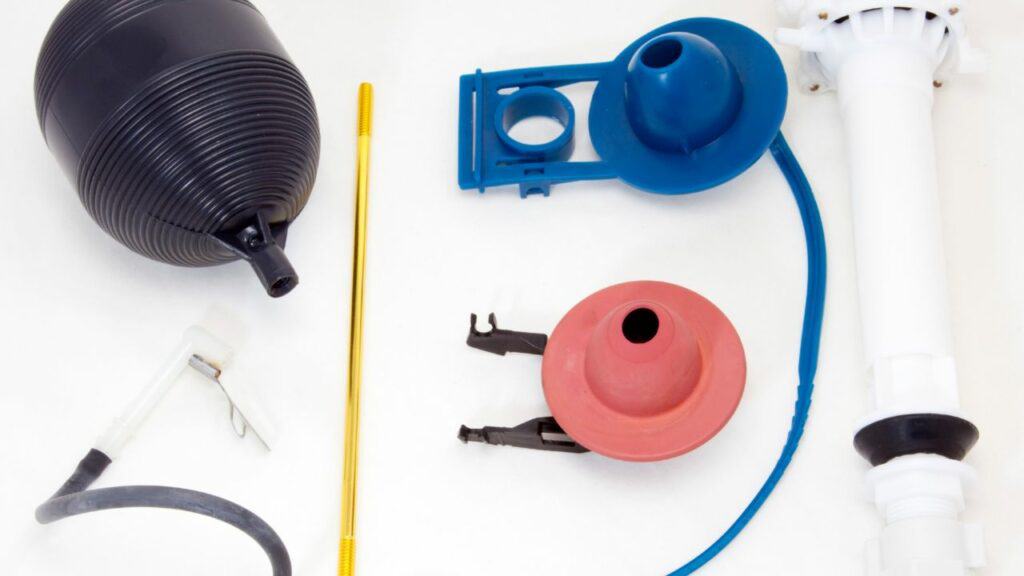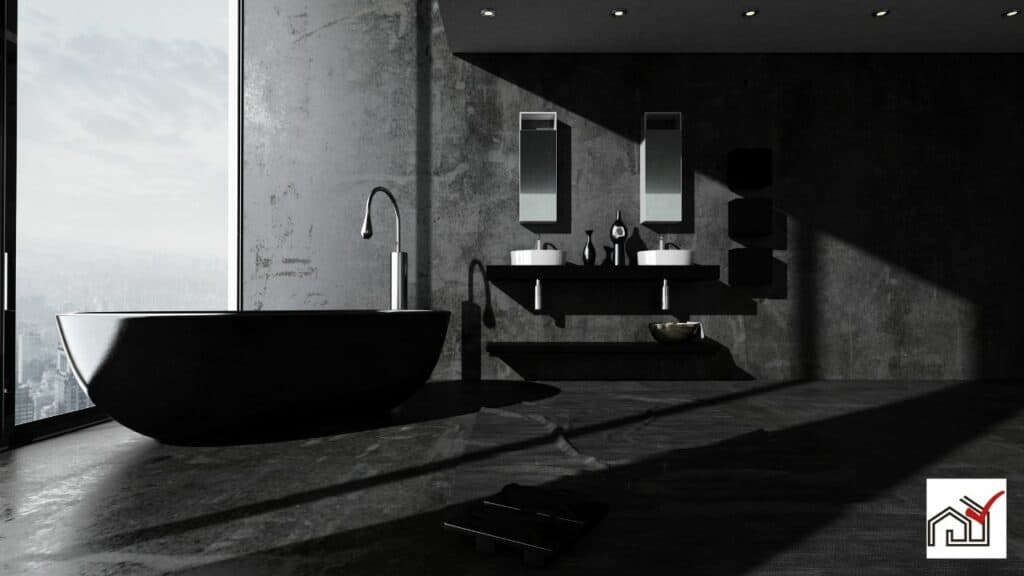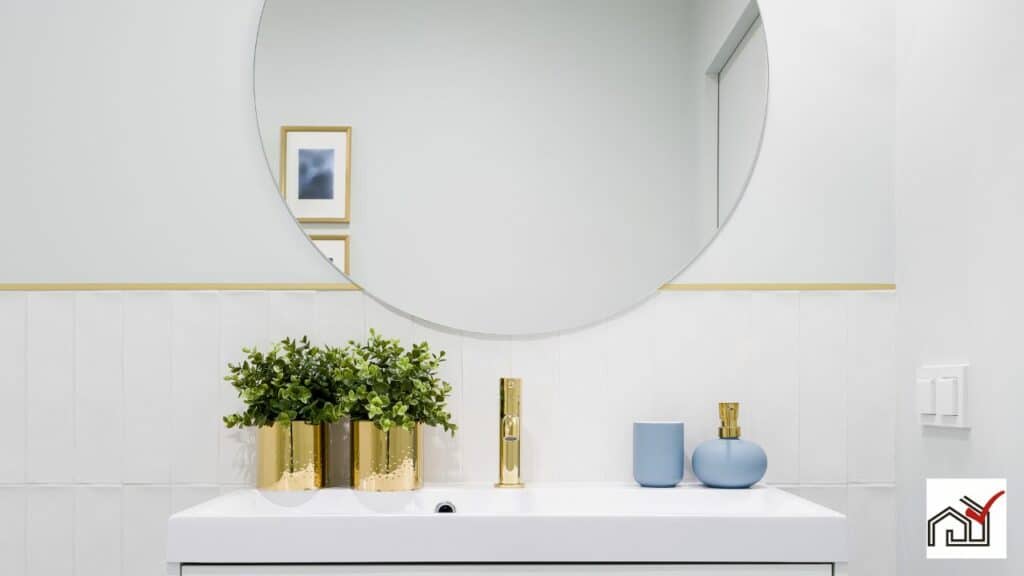Shower door glass is usually tempered for safety and to meet building codes. Tempered glass is stronger than regular glass due to a heat-treating process, and it can withstand impacts better. If it breaks, it crumbles into small, blunt pieces to reduce injury risk.
Using tempered glass for shower doors is standard practice for safety reasons.
Understanding Tempered Glass
Tempered glass is often used in shower doors because it is stronger and safer than regular glass. It is made by heating the glass to a high temperature and then quickly cooling it. This creates a balance of forces within the glass, making it up to five times stronger than non-tempered glass and less likely to break.
When tempered glass does break, it shatters into small pebbles instead of sharp shards, reducing the risk of injury. This feature makes it a type of safety glass, which is why building codes commonly require its use in areas like shower enclosures to minimize the danger of cuts and wounds.
In addition to its strength and safety, tempered glass is also scratch-resistant and meets legal safety standards, making it a popular and often mandatory choice for shower installations. It provides a secure and durable option for shower doors, aligning with both aesthetic and safety requirements.
Tempered Glass Production
The production of tempered glass for shower doors involves heating the glass above 600°C and then rapidly cooling it. This process strengthens the glass, making it up to five times stronger and more scratch-resistant than regular glass.
During tempering, the glass softens at the transition point, becoming pliable. It is then rapidly cooled in a process called quenching, which creates compression on the glass surface and tension inside, resulting in increased strength.
If tempered glass does break, it shatters into small, round pieces instead of sharp shards, reducing injury risk. This safety feature is why building codes require tempered glass for shower doors.
Tempered glass is available in various types such as clear, low-iron, patterned, and coated, to meet different design and function needs.
Tempered glass shower doors are durable, safe, and easy to clean, making them a standard choice for bathroom design.
Benefits of Tempered Glass
Tempered glass, used in shower doors, offers enhanced safety and durability. It is up to five times stronger than standard glass, making it ideal for shower enclosures in wet conditions. This strength minimizes damage and increases the product's longevity.
In case of breakage, tempered glass breaks into small, blunt pieces, reducing injury risk, which is why building codes often require it for bathroom fixtures to protect users.
Tempered glass also allows for customization in various finishes, patterns, and tints, catering to diverse design needs. It comes with a scratch-resistant surface that helps maintain its clear appearance over time, combining practicality with visual appeal for bathroom designs.
Comparing Glass Types
Tempered glass is known for its strength and safety, being five times tougher than regular glass due to the tempering process. It is hence the preferred choice for shower doors where durability and safety are important.
Laminated glass, while also considered a safety glass because of its impact resistance, is not ideal for shower doors as its inner layer can degrade in moist conditions, affecting its structural integrity.
Tempered glass offers design flexibility as it can be combined with clear, low-iron, patterned, or coated glass to meet specific aesthetic and functionality requirements for bathrooms.
Fiberglass shower doors provide a different look but are less durable and offer fewer design choices. The thickness of the glass is also important; framed shower doors can use thinner glass due to the support from the frame, whereas frameless and semi-frameless doors require thicker glass for stability and safety.
Safety Standards Compliance
Shower door glass must comply with strict safety standards and is therefore tempered, as required by building codes. Tempered glass is stronger and, when broken, shatters into small, less dangerous pieces, reducing the risk of injury. This makes it suitable for use in shower doors, where safety is crucial.
Tempered glass undergoes treatments to enhance its strength and resilience, making it durable for everyday bathroom activity. It is the preferred material for bathroom safety, combining practicality with user protection.
Laminated glass is not typically used for shower enclosures due to safety standards. Proper installation by professionals is essential to ensure the glass maintains its safety features.
Choosing the Right Glass
When selecting glass for your bathroom enclosure, consider both aesthetics and safety. Tempered glass is a top choice for custom glass showers, offering a modern look and enhanced safety. It is up to five times stronger than regular glass and more scratch-resistant, which is beneficial for a high-use area like a bathroom.
Clear glass is the most popular for shower doors, providing the needed opacity and durability. Glass and Mirror companies also offer low-iron glass, which is clearer and without the greenish tint, making it ideal for a crystal-clear appearance in any bathroom design.
The safety and security of the installation are as important as the appearance of the glass doors. Ensure that all moving panels are properly fastened and the hardware is reliable. Professional installation is recommended for custom glass showers to prevent breakage and ensure the doors last.
Tempered glass provides a combination of style, safety, and customization, making it a preferred choice for a quality bathroom enclosure.





